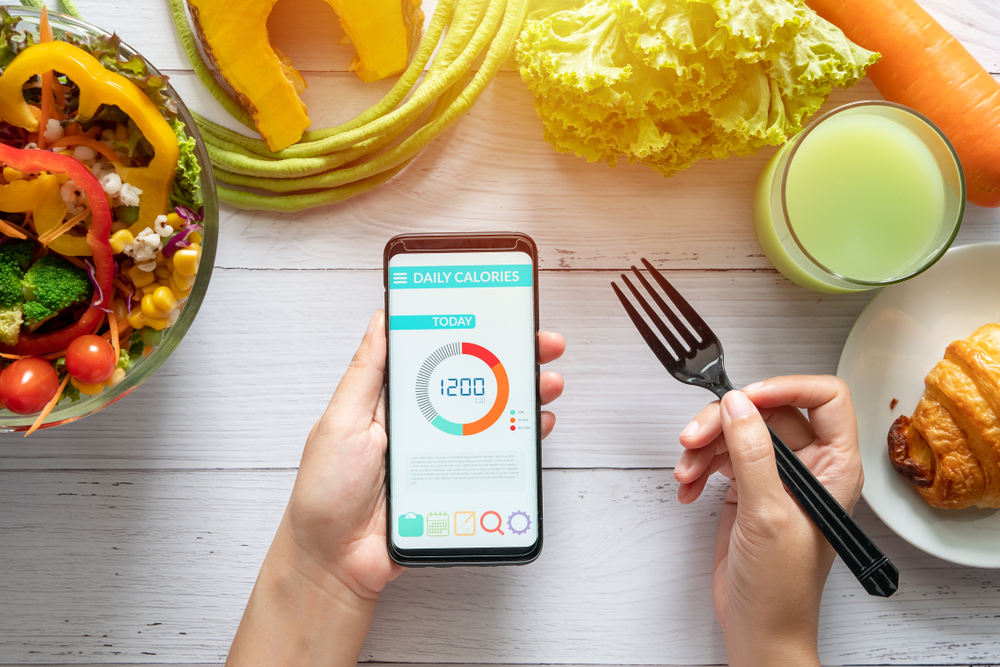
When losing weight, something many people recommend is counting calories. It is considered the best way to quantify how much food or beverages you consume within a given period and compare it to the recommended intake of an average person. It also ensures that what you eat or drink does not cancel the progress gained through exercise, so you can still achieve your fitness goals. However, to ensure that you are in optimum health, personal trainers in Dubai believe that calories should not be your only focus. You also should keep track of your macronutrients.
What are macronutrients?
They are the nutritional elements of food that the body requires for energy and to sustain its structure and numerous systems. The reason they are malled macronutrients is that these nutrients are needed in more significant amounts. All of these nutrients can also be converted to energy by your body and serve essential functions. If you do not consume them in the correct quantities, you may become vulnerable to a wide range of health issues.
There are three types of macronutrients:
Carbohydrates: They contain 4 kcal per gram and are converted to glucose which is the body’s primary energy source. Specific organs, such as the brain, require glucose to function correctly. Certain types of carbohydrates are also responsible for helping synthesize some amino acids and ensuring consistent bowel movements.
Proteins: They contain 4 kcal per gram and are responsible for protecting lean body mass and allowing your body to build, grow and repair tissues. They are also solely composed of amino acids. If your body lacks carbohydrates, it converts protein to glucose.
Fat: They contain 9 kcal per gram and allows your body to store energy, protect organs, produce certain hormones, maintain cell membrane integrity and absorb fat-soluble vitamins. There are three types: trans fat, saturated fat, and unsaturated fat. The former should be avoided as they contribute to severe health issues such as diabetes, kidney failure, and heart issues. Unsaturated fats are considered healthy and are required for your body’s function.
What happens if you don’t keep track of them for weight loss?
Calories are only an indication of energy and give little to no information regarding nutrition value. Therefore, if you do not keep track of macronutrients, you will put your health at significant risk. Most people, when counting calories tend to try to ingest food that has very few calories; however, these may have little to no nutritional benefit. While plain oatmeal has very few calories compared to steamed vegetables with grilled fish, the latter has more vitamins and nutrients. Thus, a personal trainer will recommend eating the latter than the former.
It also may be tempting to eliminate fat and carbs from your diet to keep calorie content low; they still serve necessary functions in your body. If you fail to consume enough of them, your body might be vulnerable to disease. Those who consume a low-carb diet may also be at increased risk of coronary heart disease, cancer, and stroke. If you lack healthy fats, you could develop a dry rash, weakened immune system, and vitamin deficiencies.
Therefore, always keep track of your macronutrients while counting calories and ensure that you consume the recommended intakes as suggested by your dietician. For best weight loss results, restricting food alone is not enough. You also need to engage in exercise. Our personal fitness trainers in Dubai will be able to give you a custom fitness routine, taking into account your diet and physical capabilities, so you can reach your weight goals without compromising your health.




